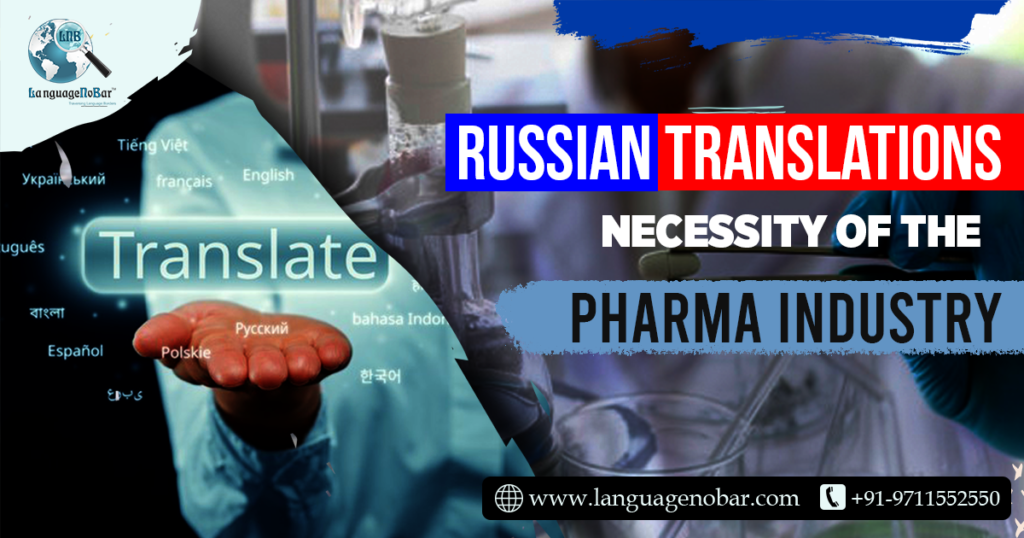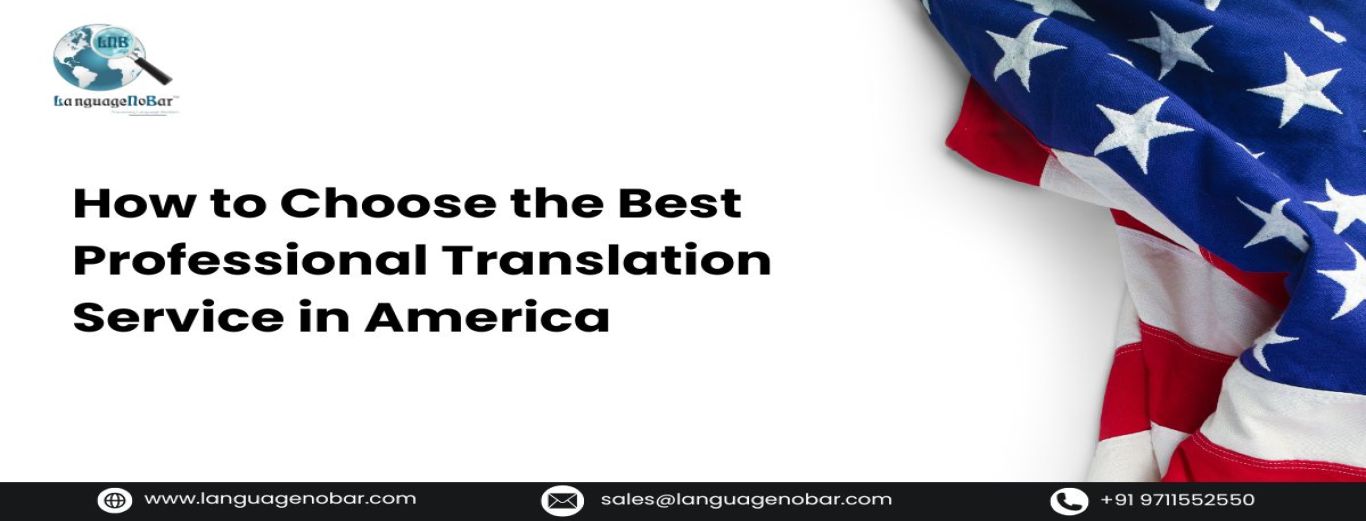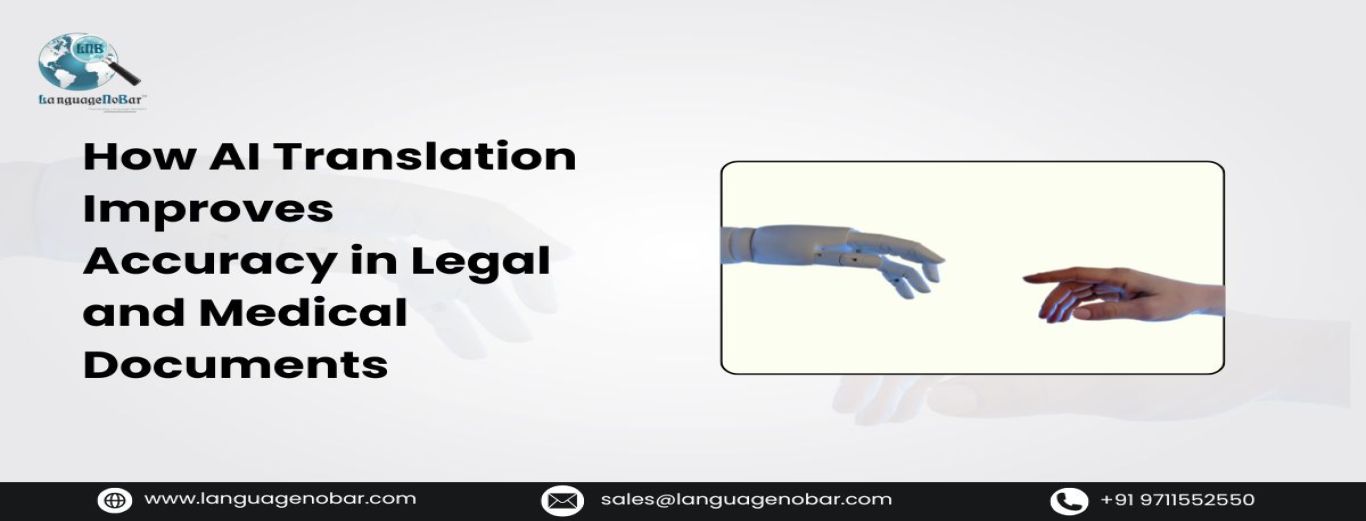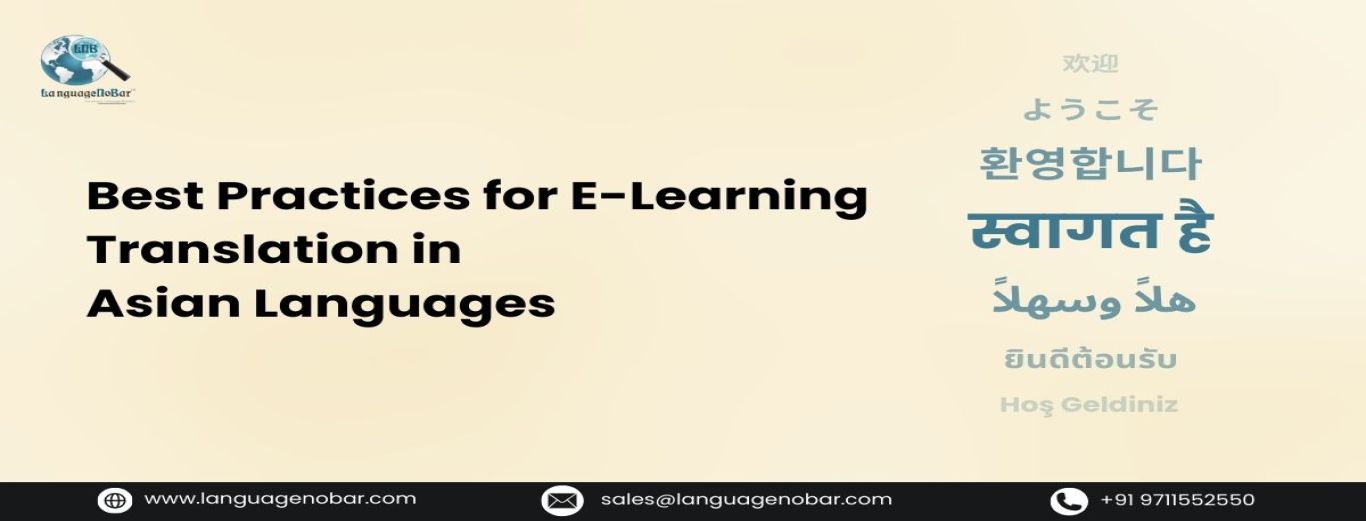5 tips to get professional Russian translation for your medical documents
- Foreign Language Translation Services
- Comments (0)
With the advent of globalization, the need and demand for professional translation services has been on the rise. Most businesses are expanding across geographies and translation/localization is the key for such document exchange across geographical borders. The relevance and significance of translation is prevalent across industries such as Legal, Manufacturing, Edtech, Market Research and others and Pharma/Medical Industry is no exception. In fact, the need for accurate translation is one of the keys to the success during the export and registration abroad for any medical / pharma product.

While talking about the need for Medical translations, let’s go in a bit more depth to understand where exactly “translation” plays a crucial role in the ever-important medical industry. At the outset, let’s talk about clinical trials – trials that are conducted among a set of people across geographies to test a medical product. Now, and Informed Consent Form (ICF) or an Informed Consent Document (ICD) is one of the first steps for registering a patient for a clinical trial as through the ICF patient gives his/her consent for the trial. While it may sound simple – the latent point here is that the document must be written in the language understandable by the patient so he can read and submit consent. Bingo! Here comes the role of translation. ICF/ICD translation is one of the most critical and most important parts of any clinical trial conducted across the globe. For trials conducted in Russia, professional Russian translation services are essential to have the ICF read and understood clearly.
Other uses of translation in the medical industry include translation for product leaflets / Instructions for use for products. Remember those multi-fold leaflets which you find when you open a box containing a medicine or a medical device? Those leaflets are contain multi-language translations of the information about the product. Further, dossiers which are needed for regulatory submission for medical product approvals need translation to the language of the respective country. Normative documentations need translations to/from English into different international languages.
As a lot of work is happening in CIS countries – the demand for Russian translations has been increasing rapidly. While the demand is increasing, it is equally important to ensure high quality Russian translation as a slight error in translation can lead to fatal issues! While looking for professional Russian translations, make sure to keep in mind the below 5 tips to ensure that your important data is translated accurately –
- Choose the right translation agency – While there are so many agencies that offer translation services, choosing the right one is very important. Make sure to choose an ISO certified agency – an agency that has ISO 15100 certification is always preferable as this ISO standard is offered to only those agencies that provide translation par excellence.
- Native translators – Experts have demonstrated that native (mother-tongue) translators are the ones who can do justice to the translation. So, it is imperative that you ask your translation agency to deploy only native Russian translators for your medical documents.
- Expert and bilingual translators – To be able to translate correctly, it is important that a translator understands the source document well and then rewrites it in the target language with the same context. As such, it is important to ensure that the medical translator is a bilingual expert.
- CAT tools – To ensure consistency, especially for big medical documents such as dossiers, it is important to deploy CAT tools such as Trados / wordfast. This not only improves the efficiency of Russian translation but also ensures consistency of key terms and phrases.
- Appropriate medical terminology – To ensure accurate Russian translation of your medical documents, it is important that the translator must have strong knowledge of medical terminology in both source and target languages and should be able to choose the best-fit medical terms in the translation.
In a nut-shell, while quality is of paramount importance for professional medical translation services, the same can be achieved through a careful analysis of the translation agency and the translator deployed on the project.
Related Blogs -
Get high quality Medical translations from LanguageNoBar
Life Sciences Translation Services in India-Gaining Momentum
Medical Translation: Technical, Sensitive and Regulated Services






